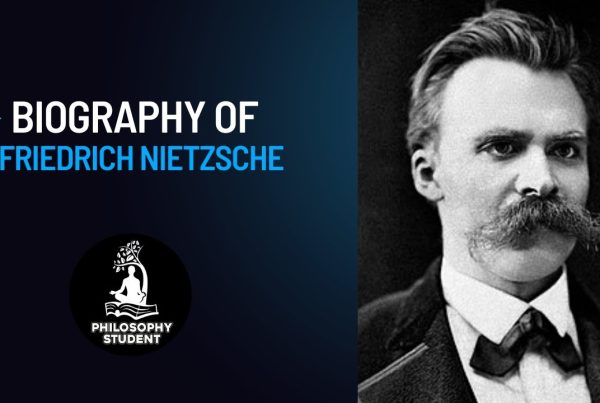Ethics is the study of morality and can be divided into three main areas of inquiry. Descriptive ethics concerns the actual moral beliefs held by specific individuals or societies and is perhaps better thought of as a branch of sociology or anthropology than of philosophy.
By contrast, normative ethics is concerned with what moral beliefs we should hold and what actions can be considered as right and wrong. One important question here concerns the overall goal of our moral actions—whether ethics is about the pursuit of certain intrinsically valuable objects (such as pleasure), or the broader notion of the “good life” (that is, overall human flourishing). The answer to this question has immediate consequences for how we understand the justification of our moral rules: either as self-evident or as derived from fundamental principles of reason, or merely reflecting the de facto best way of ensuring social cooperation or the maximization of some other end. Other questions concern the relative
importance of an agent’s motive or the consequences of his actions in making moral judgments and whether these judgments are held to be objectively true or merely relative to a particular context. Thus, deontologists maintain that moral behavior consists in following particular rules, whereas consequentialists consider the overall outcome of any particular action. Recent work has, however, reawakened an interest in individual virtue as the locus of moral evaluation.
Finally, metaethics is concerned with what it means to make a moral judgment and with the meaning of our moral terms. This includes whether moral judgments seek to describe an independent moral reality or are merely the expression of our own preferences and inclinations (and the respective epistemological or semantic difficulties these positions raise) and whether there is a principled philosophical distinction between facts and values.




































